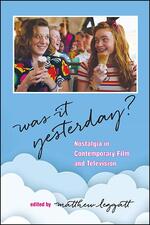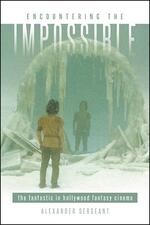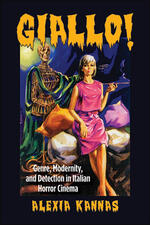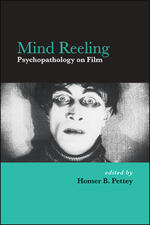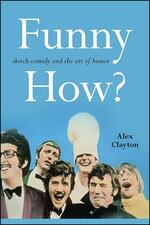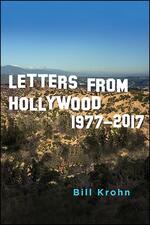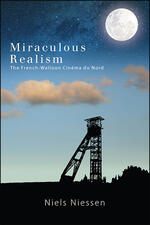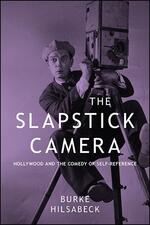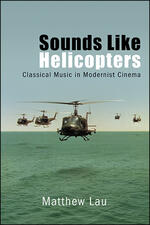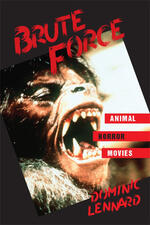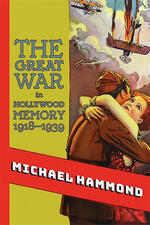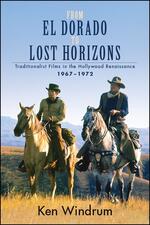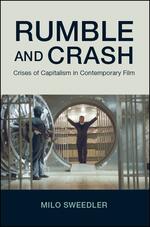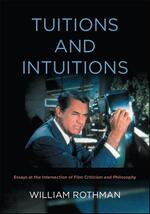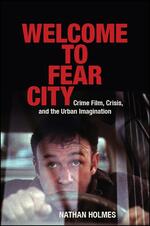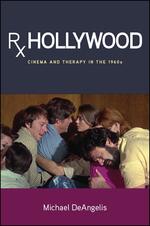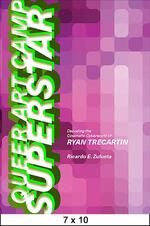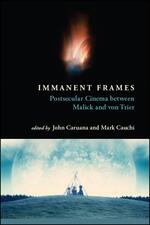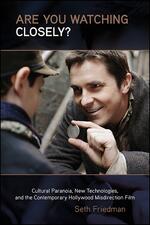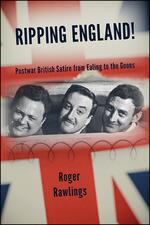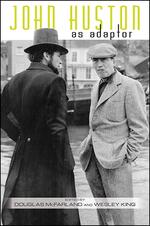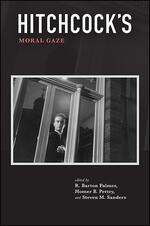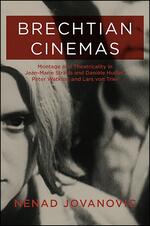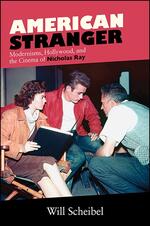SUNY series, Horizons of Cinema
Was It Yesterday?
Explores how nostalgia operates in contemporary US film and television.
Encountering the Impossible
The first academic explanation for how spectators use their imaginations as part of the experience and appreciation of popular fantasy filmmaking.
Giallo!
Traces the giallo mystery/horror genre from its genesis in Italian cinema of the 1960s and 1970s to its contemporary place in the global cult-film canon.
Mind Reeling
Across a variety of genres, shows how mental disorders are depicted in cinema.
Funny How?
Uses comedy skits, from Monty Python to Key and Peele, to probe how humor works.
Letters from Hollywood
Engaging essays on a wide spectrum of Hollywood directors and the films they created.
Miraculous Realism
An authoritative study of this postsecular film movement from the French-Belgian border region that rose to prominence at the turn of the twenty-first century.
The Slapstick Camera
Demonstrates that slapstick film comedies display a canny and sometimes profound understanding of their medium.
Sounds Like Helicopters
Explores how modernist films use classical music in ways that restore the music’s original subversive energy.
Brute Force
Considers how dangerous beasts in horror films illuminate the human-animal relationship.
The Great War in Hollywood Memory, 1918-1939
Assesses how America's film industry remembered World War I during the interwar period.
From El Dorado to Lost Horizons
Investigates how musicals, war films, sex comedies, and Westerns dealt with contentious issues during a time of change in Hollywood.
Rumble and Crash
Analyzes six films as allegories of capitalism’s precarious state in the early twenty-first century.
Tuitions and Intuitions
Makes the case that philosophy has an essential role to play in the serious study of film.
Rule, Britannia!
Assesses how cinematic biographies of key figures reflect and shape what it means to be British.
Welcome to Fear City
Analyzes how location-shot crime films of the 1970s reflected and influenced understandings of urban crisis.
Rx Hollywood
How films of the 1960s and early 1970s framed therapeutic issues as problems of human communication, and individual psychological problems as social ones.
Queer Art Camp Superstar
The first book-length study of Trecartin’s artistic genealogy, evolving aesthetics, radical approach to digital and Internet culture, and impact on contemporary art, film, and media.
Immanent Frames
Explores a growing number of films and filmmakers that challenge the strict boundaries between belief and unbelief.
Are You Watching Closely?
Identifies a new genre—misdirection films—and explains its appeal to contemporary producers and audiences.
Ripping England!
Examines an all too often neglected period of postwar British cinema and popular culture.
John Huston as Adaptor
Argues that understanding Huston’s film adaptations of literary works is essential to understanding his oeuvre as a filmmaker.
Hitchcock's Moral Gaze
Offers new and compelling perspectives on the deeply moral nature of Hitchcock’s films.
Brechtian Cinemas
Explores the influence of Bertolt Brecht’s ideas on the practice and study of cinema.
American Stranger
Reconstructs how Ray became a “rebel auteur” in cinema culture.
